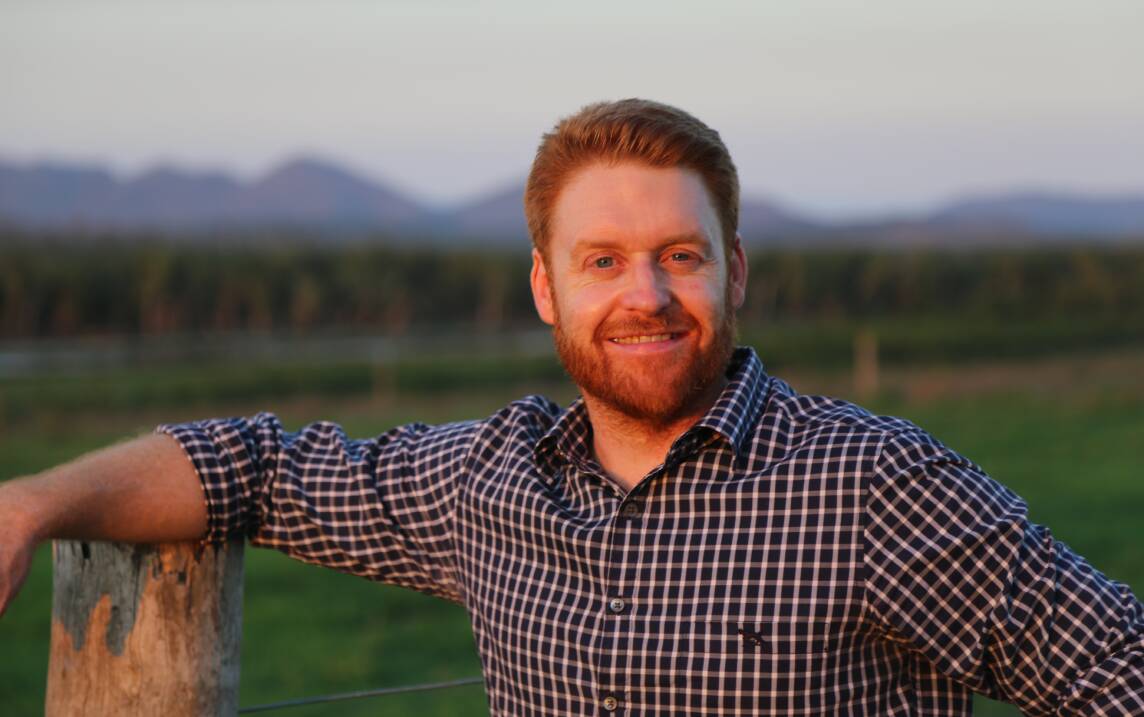
European Parliament moves to legislate that products being sold into Europe do not come from deforested country could backfire, Australian beef producers have warned.
A one-size-fits-all definition of deforestation does not exist, they say.
The United Nations' Food and Agriculture Organisation definition that the European legislation is working off could actually lead to a negative impact on the environment in Australia's case and be a perverse outcome from what was intended, Australian Beef Sustainability steering group chair Mark Davie said.
The European Parliament this week adopted three key initiatives of the European Green Deal, including the measures to curb deforestation around the world.
The proposals, which also ensure EU financial institutions do not fund deforestation in other countries, still have to be voted on by EU member states before it becomes law but advocates of the Green Deal say this is a significant step forward.
A press release from the European Parliament said an area larger than the EU was lost to deforestation from 1990 to 2020.
The new law would make it obligatory for companies to verify that goods sold in the EU have not been produced on deforested or degraded land anywhere in the world, the release said.
"This would guarantee consumers that the products they buy do not contribute to the destruction of forests, including of irreplaceable tropical forests, and hence reduce the EU's contribution to climate change and biodiversity loss," it said.
Australian Conservation Foundation analysis indicates it is likely Australia would be deemed a high-risk deforestation country for beef products.
Farm leaders say Australia has a unique environment, where enhancing biodiversity and reducing deforestation can look very different given the need to manage introduced and invasive species to protect the environment.
Tools not there
Australian Beef Sustainability Framework reporting shows that between 2010 and 2020, Australia had a net positive change in forest area of 446 million hectares.
"We actually recorded more forest gain than the entire of Europe and yet we could still be cut out of their beef market due to these new laws," Mr Davie said.
"The challenge is we would have re-measure under their definitions in order to enter their supply chains, but their definition doesn't allow for the removal of weeds that comes up as canopy change.
"We simply don't have the tools to place ourselves on a level playing field. There is not the monitoring technology in place to differentiate between removing weeds and removing forest canopy and native prairies."
The FAO definition outlines 10pc canopy cover in 5m high forest, while Australia's definition is 20pc canopy cover in 2m high forest.
Every day, farmers were making decisions about removing weeds, which would potentially be picked up as a canopy change when they were actually improving their landscape, Mr Davie said.
"So how is the EU going to ensure this won't actually have a negative impact on the environment and facilitate the opposite of what they are trying to do?" he said.
"It's clear there is little understanding of the regional context in which Australian beef is produced - these plans are focussed on an intensive agricultural perspective.
"They are simply reducing what is a complex issue to canopy change and that will not account for what is good management practice on the ground, like using fire as a tool or weed management."
The EU is only a small market for Australia beef in terms of volume but it is a particularly high-value customer. Big investments have been made in Australia to supply the market.
ALSO IN BEEF: Should the $5 cattle transaction levy go up?







